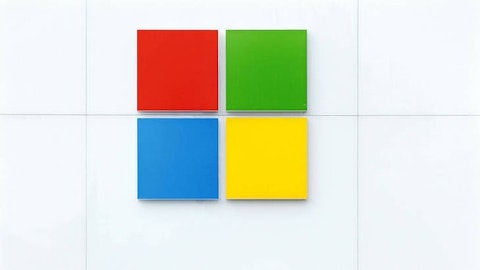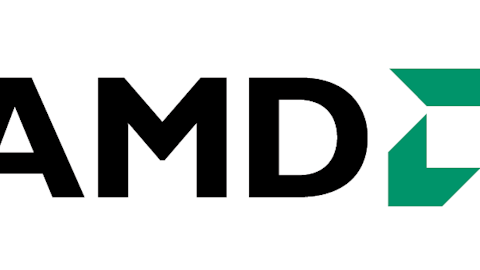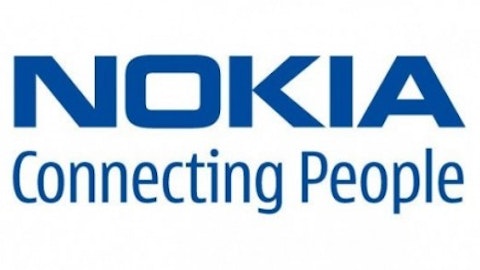Can Google benefit from Android’s dominance?
That said, just because Google displaces Microsoft doesn’t mean that it will be as successful. Android benefits the search giant by encouraging people to use the company’s Internet services, but it doesn’t take a direct cut.
Someone who owns an Android, for example, is much more likely to use Google Inc (NASDAQ:GOOG)’s search engine, its Gmail, and its social network Google+. But it isn’t a clear financial transaction like Microsoft Corporation (NASDAQ:MSFT)’s licensing fees.
Moreover, with Android being open source, companies like Baidu.com, Inc. (NASDAQ:BIDU) and Amazon.com, Inc. (NASDAQ:AMZN) have been able to fork it, pulling out Google’s services and inserting their own.
While Android’s dominance should be seen as an opportunity for Google Inc (NASDAQ:GOOG), it should not be viewed as a guaranteed success.
Can Azure and Office 365 save the company?
If Microsoft has any chance of replacing its Windows division, it will come from Azure and Office 365.
Office 365 is Microsoft’s cloud-based Office subscription service. As Microsoft said on its earnings call, it’s now running at a $1.5 billion annual revenue rate. If Microsoft can continue to add Office 365 subscribers, it could be very profitable for the company.
Meanwhile, Azure is Microsoft Corporation (NASDAQ:MSFT)’s public cloud service — it allows companies to store their cloud software on Microsoft’s servers. Azure has attracted a lot of attention — hedge fund ValueAct put $2 billion into Microsoft on the strength of Azure alone. Microsoft claims that half the Fortune 500 now uses Azure in some capacity, and has recently brought Azure to China.
Azure vs. Amazon Web Services
The problem with Azure as Microsoft Corporation (NASDAQ:MSFT)’s savior-in-waiting is that, unlike Windows, it has legitimate competitors. For over a decade, Windows controlled the entire PC market, with Mac and Linux accounting for only a small fraction.
Azure has numerous competitors, including Google, but at this point, its biggest threat is Amazon.com, Inc. (NASDAQ:AMZN).
Because Amazon doesn’t break the numbers out, it’s difficult to determine just how successful AWS is. But, analysts estimate that AWS could be worth $24 billion as a standalone company right now, and six years out, it could be worth over $100 billion based on its rapid growth.
Gigaom has an in-depth article comparing the two services from a technical standpoint.
I’m not sure which service will win, assuming they can’t grow together. But the key thing for Microsoft investors to realize is that, unlike Windows, which was basically a monopoly business, Azure is in a highly competitive market.
Investing in Microsoft
Microsoft’s recent earnings report confirmed what many observers already knew: the traditional PC (and along with it, the Windows empire) is on its last legs.
Microsoft’s initiatives to save Windows are unlikely to bear fruit. At this point, anyone involved in Microsoft Corporation (NASDAQ:MSFT) should expect the Windows division — which accounts for about one-fifth of the company’s revenue and one-sixth of its profit — to dwindle away in the coming quarters.
New products, like Azure, may be able to replace Windows. However, that’s far from guaranteed given Azure’s list of competitors, including Amazon.com, Inc. (NASDAQ:AMZN) Web Services.
Joe Kurtz has no position in any stocks mentioned. The Motley Fool recommends Amazon.com and Google. The Motley Fool owns shares of Amazon.com, Inc. (NASDAQ:AMZN), Google Inc (NASDAQ:GOOG), and Microsoft Corporation (NASDAQ:MSFT).
The article The Windows Era Is Over originally appeared on Fool.com.
Salvatore “Sam” is a member of The Motley Fool Blog Network — entries represent the personal opinion of the blogger and are not formally edited.
Copyright © 1995 – 2013 The Motley Fool, LLC. All rights reserved. The Motley Fool has a disclosure policy.





